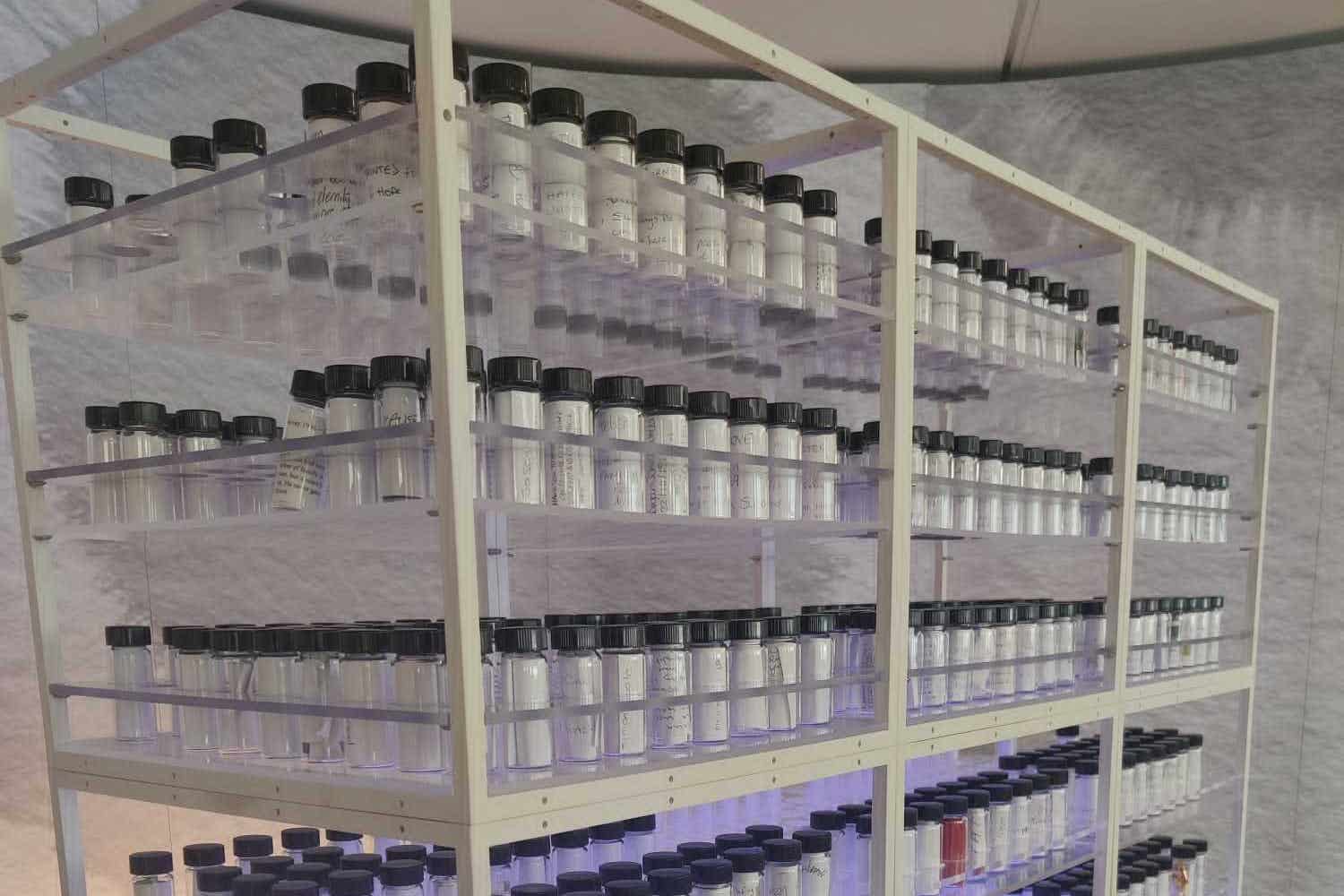Infected blood victims and bereaved partners will receive £100,000 in October
Survivors and bereaved partners will receive letters this week confirming the money will be sent to them in the following 10 days.

Your support helps us to tell the story
From reproductive rights to climate change to Big Tech, The Independent is on the ground when the story is developing. Whether it's investigating the financials of Elon Musk's pro-Trump PAC or producing our latest documentary, 'The A Word', which shines a light on the American women fighting for reproductive rights, we know how important it is to parse out the facts from the messaging.
At such a critical moment in US history, we need reporters on the ground. Your donation allows us to keep sending journalists to speak to both sides of the story.
The Independent is trusted by Americans across the entire political spectrum. And unlike many other quality news outlets, we choose not to lock Americans out of our reporting and analysis with paywalls. We believe quality journalism should be available to everyone, paid for by those who can afford it.
Your support makes all the difference.Thousands of victims of the infected blood scandal will receive interim compensation payments of £100,000 by the end of October, the Government has confirmed.
Survivors and bereaved partners will receive letters this week confirming the money will be sent to them in the following 10 days, according to the Cabinet Office.
It comes after a report published in July by infected blood inquiry chairman Sir Brian Langstaff said the payments should be made “without delay”.
Chancellor of the Duchy of Lancaster Nadhim Zahawi said: “I know from my own discussions with constituents who are victims of the infected blood scandal just how traumatic their heart-breaking experiences have been and I was proud to campaign as an MP on their behalf and continue that work as a government minister.
“No level of compensation will ever make up for the appalling treatment and circumstances that those affected by this scandal and their families have had to endure, but I hope that these interim payments go some way to demonstrate that we are, and always will be, on their side.”
Health minister Will Quince said: “It’s right these interim compensation payments are being made as quickly as possible and I want to thank NHSBSA and the other UK scheme administrators for their relentless work on this. We’re continuing to listen and will be looking closely at any further recommendations as the Inquiry concludes.”
These interim compensation payments are expected to reach around £400 million for the whole UK, the Cabinet Office said.
Money will also be sent through schemes in Scotland, Wales and Northern Ireland as well as those in England.
Scottish public health minister Maree Todd said the payments would be made through the Scottish Infected Blood Support Scheme (SIBSS) on October 28.
“We recognise how important the issue of interim payments has been for Scottish Infected Blood Support Scheme members, and those in the other UK support schemes, who have suffered for so long,” she said.
“The Scottish Government is grateful to Sir Brian for the interim report and welcomes the UK Government’s commitment to funding the interim payments. I recognise that there is still more to do and we’ll consider any further recommendations from the Infected Blood Inquiry when it reports next year.”
The Government announced in August it hoped to be able to pay the £100,000 by the end of October, but campaigners say the majority of those affected have been ignored.
Bereaved relatives say the announcement fails to recognise most family members, who will miss out on this raft of interim payments.
The fiasco resulted in an estimated 2,400 deaths of patients infected with HIV and hepatitis C through contaminated blood products in the 1970s and 1980s.
Most of those involved had the blood-clotting disorder haemophilia and relied on regular injections of the US product Factor VIII to survive.
They were unaware they were receiving contaminated product from people who were paid to donate, including prisoners and drug addicts.
Patients were injected for years despite repeated warnings at the top of government.
And some victims were infected after receiving blood transfusions.
New cases of HIV and hepatitis continued to be diagnosed decades after the first contaminations, resulting in many early deaths.
Final recommendations from a public inquiry on compensation for a wider group of people – such as bereaved parents and the children of victims – are expected when the inquiry concludes next year.
The inquiry, which was announced by then-prime minister Theresa May in 2017 and began the following year, has taken evidence from more than 5,000 witnesses during hearings across all four nations of the UK.
It has featured harrowing evidence from patients and their families who described being kept in the dark about the risk of HIV infection among haemophiliac patients, having to keep their diagnoses private through fear of vilification at the time of the Aids crisis, and living with the physical effects of HIV.